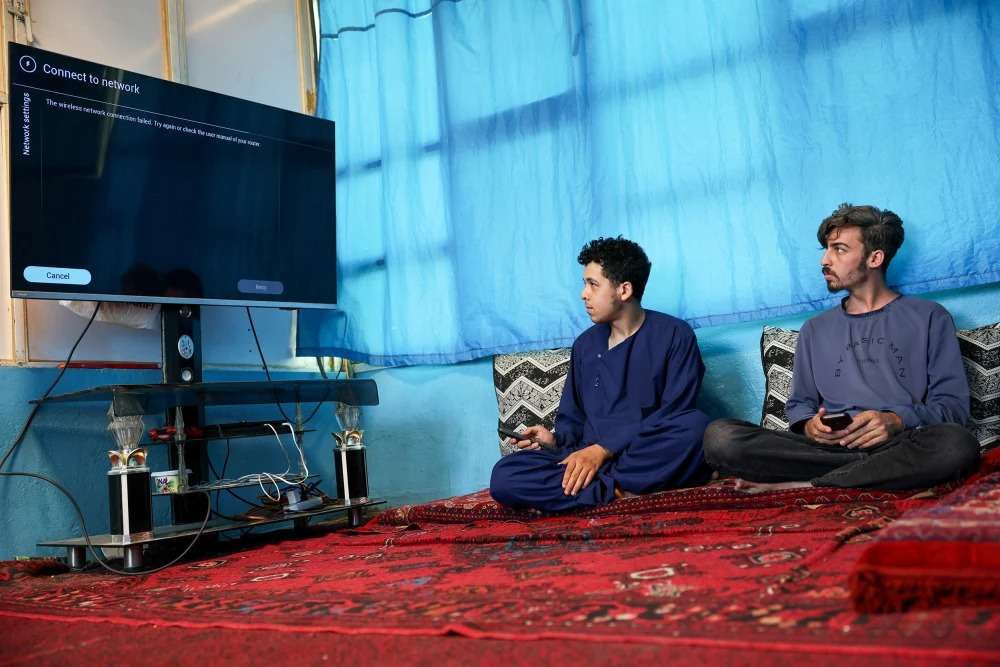Afghanistan’s internet went dark recently. Mullah Hibatullah Akhundzada, the Taliban’s supreme leader in Kandahar ordered the shutdown himself, citing “political and security reasons.” Translation: he wanted control, and he wanted Kandahar’s authority to be absolute. The blackout wasn’t just about security. It was a power move.
What happened next exposed the Taliban’s worst-kept secret. Prime Minister Mullah Hassan Akhund in Kabul, under heavy pressure from the Haqqani Network, signed an order to restore internet services. A direct contradiction of the supreme leader’s command. The Haqqanis, led by Interior Minister Sirajuddin Haqqani saw the blackout as deliberate sabotage of their operations and refused to comply.
The Taliban isn’t the monolith it pretends to be. Two factions have been circling each other since they took Kabul in 2021. Mullah Hibatullah’s Durrani faction from Kandahar represents old Pashtun aristocracy and claims religious authority. The Haqqani Network from the Ghilzai tribe runs day-to-day operations in Kabul battle-hardened, internationally connected, and increasingly unwilling to take orders from Kandahar without push-back.
This Durrani-Ghilzai rivalry is centuries old, but watching it erupt inside the Taliban leadership changes everything. Sources now report that communication between Kabul and Kandahar has broken down. The two capitals are operating like separate governments. Orders get ignored. Decisions get vetoed. Talk of an “internal coup” isn’t speculation anymore people inside the movement are genuinely worried.
What comes next depends on who blinks first. The Kandahar group could attempt another nationwide internet shutdown to reassert control. The Haqqanis could consolidate power in Kabul and operate independently, daring Kandahar to stop them. If neither side backs down and negotiations fail, the threat of armed confrontation becomes real. Afghanistan has seen this movie before during factional Taliban fights in the 1990s were as brutal as anything they did to their enemies.
A fractured Taliban is harder to predict, potentially more dangerous, but also weaker and easier to influence. The internet is back on for now. But that’s not the point. The point is that the Taliban’s two power centres just tested each other, and neither won decisively. That’s how civil wars start.

